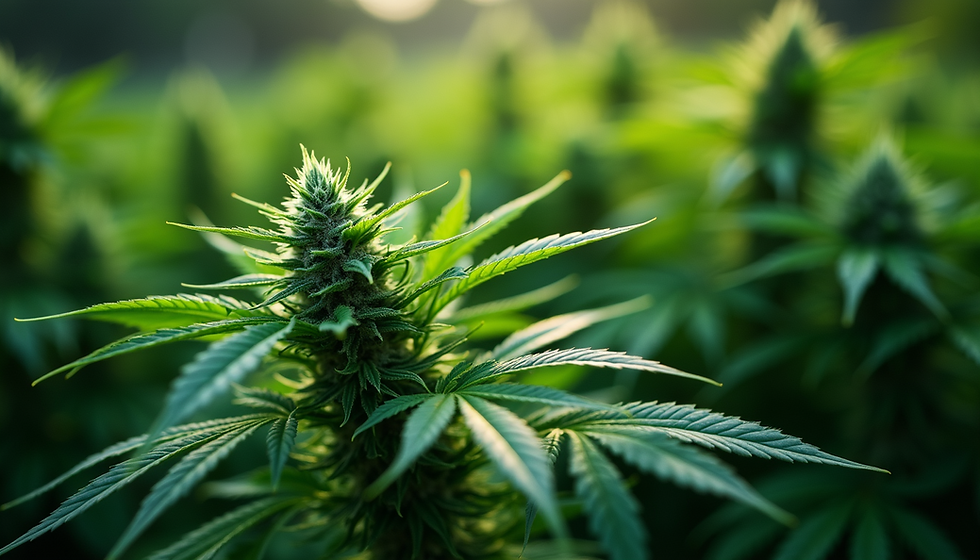Cannabis Legalization: Global Progress and Roadblocks 2024
- Aug 19, 2024
- 3 min read
The journey toward cannabis legalization has been a complex and varied landscape across the globe. Different nations, and even states within nations, have embarked on divergent paths, some embracing full legalization while others continue to navigate a myriad of legal restrictions and societal stigmas. This post delves into the progress and challenges faced in the quest to legalize cannabis, providing a snapshot of where the world stands today.

The State of Cannabis Legalization
In the United States, the wave of cannabis legalization began gaining serious momentum following pivotal changes at the state level. Since the late 1990s, numerous states have shifted their stance, initially focusing on medical cannabis and expanding to recreational use. As of late 2016, for example, 25 states along with the District of Columbia had legalized the medical use of cannabis. Moreover, states like California, Maine, Massachusetts, and Nevada took significant steps by approving recreational use through ballot initiatives (NCSL, 2016; NORML, 2016).
The legalization movements have led to a noticeable change in cannabis consumption patterns and have opened up new economic avenues through the sale and taxation of cannabis. For instance, Colorado and Washington have reported substantial tax revenues from cannabis sales, underscoring the considerable scope of cannabis use (CDOR, 2016; WDOR, 2016).
Challenges and Barriers
Despite these advancements, the road to legalization is fraught with challenges. At the federal level in the U.S., cannabis remains classified as a Schedule I drug, placing severe restrictions on its research and use. Researchers aiming to study cannabis face daunting regulatory barriers that hinder the progress of comprehensive scientific research. These barriers include extensive review processes by various federal agencies and stringent security requirements for storage and handling of cannabis (FDA, 2015).
The Drug Policy Alliance emphasizes the importance of a thoughtful approach to legalization, advocating for policies that prioritize health, justice, equity, and reinvestment. They urge not only for the descheduling and decriminalization of cannabis at the federal level but also for comprehensive reforms that address the harms caused by previous cannabis prohibitions (Drug Policy Alliance, 2024).
Global Perspectives
Globally, the legal status of cannabis varies significantly. Canada, Germany, Mexico, South Africa, and Thailand are among the countries that have moved towards legal frameworks for cannabis, each with its unique regulatory challenges and objectives. In these regions, the focus has ranged from improving medical access to boosting tourism and economic growth.
Looking Forward
As the global community continues to explore the potential benefits and risks associated with cannabis, the conversation is increasingly shifting towards more refined and regulated approaches. The ultimate goal for many advocates and policymakers is to craft legislation that not only removes the legal penalties associated with cannabis but also addresses the socio-economic dimensions of its legalization.
Conclusion
The path to cannabis legalization is emblematic of a broader shift in societal attitudes and government policies. It presents an opportunity to correct historical injustices and embrace a more scientific and economically beneficial approach to cannabis. However, as each country and state navigates its course, the global conversation around cannabis continues to evolve, reflecting a diverse tapestry of cultural, legal, and economic considerations.
Disclaimer: This blog post is for informational purposes only and does not constitute legal advice. The information contained herein is based on sources believed to be reliable but is not guaranteed as to accuracy and does not purport to be complete. As laws and regulations regarding cannabis are rapidly changing, always consult local legal counsel and authoritative bodies for the most current information.



Comments